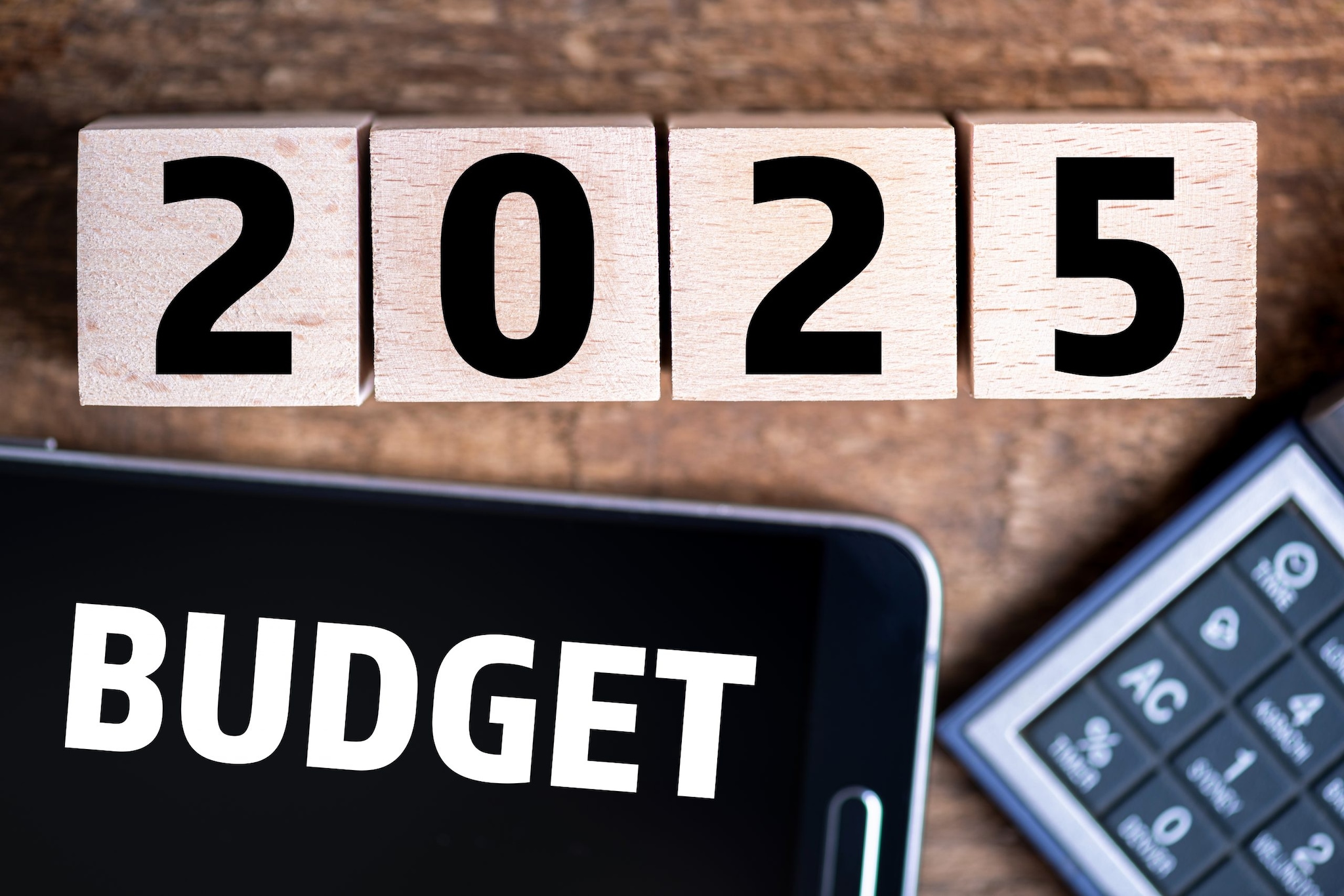
| Company | Value | Change | %Change |
|---|
Also Read: Budget 2025: Why a country needs a Budget
A surplus Budget, where revenues exceed expenditures, can be employed to curb aggregate demand during inflation and signal financial prosperity. On the other hand, a deficit Budget, which occurs when expenditures surpass revenues, is particularly beneficial for developing nations as it stimulates demand and drives economic growth.
1. Balanced Budget
A balanced Budget occurs when projected government spending matches anticipated government revenue for a fiscal year, aligning with the principle of living within means favoured by classical economists who believe that government spending should not exceed its earnings. While it promotes fiscal discipline and aims for economic balance, a balanced Budget does not ensure financial stability during recessions or deflationary periods. In theory, balancing projected expenses and income is straightforward, but in practice, it presents significant challenges.
Merits:
- Promotes economic stability when implemented effectively.
- Prevents imprudent government expenditures.
Demerits:
- Ineffective during recessions and does not address issues like unemployment.
- Inapplicable in less developed countries, limiting economic growth opportunities.
- Restricts government spending on public welfare initiatives.
2. Surplus Budget
When projected government revenues exceed estimated expenditures for a fiscal year, there is a surplus
Budget. This demonstrates the nation’s financial stability by showing that tax collections exceed government spending on social welfare. Surplus Budgets can be employed during periods of inflation to mitigate aggregate demand.
Merits
- A surplus Budget shows that more money is available for investments or debt payments, strengthening fiscal resilience.
- The excess funds can be used to settle debt, lower interest rates, and raise the nation’s creditworthiness.
Demerits
- A surplus Budget may lead to higher taxes, potentially burdening taxpayers and impacting economic activity negatively.
3. Deficit Budget:
A deficit Budget occurs when estimated government expenditures exceed expected revenues for a fiscal year, a characteristic often beneficial for developing economies.
Also Read: Budget 2025: What is the difference between subvention and subsidy
A deficit Budget is particularly effective during recessions and stimulates economic growth by increasing demand and enhancing employment opportunities. To cover the deficit, the government typically resorts to public borrowings, such as issuing government bonds or tapping into accumulated reserve surpluses.
Merits:
- A deficit Budget can effectively tackle public concerns such as unemployment during economic downturns by boosting government spending.
- A deficit Budget allows the government to allocate funds for essential public welfare programmes and infrastructure development.
Demerits:
- The availability of deficit funding may tempt the government to engage in wasteful or unsustainable spending practices.
- Financing deficit budgets through borrowing can lead to increased national debt levels, requiring higher future repayments and interest payments.



